The AMD Ryzen 9 3950X Review: 16 Cores on 7nm with PCIe 4.0
by Dr. Ian Cutress on November 14, 2019 9:00 AM ESTTest Bed and Setup
As per our processor testing policy, we take a premium category motherboard suitable for the socket, and equip the system with a suitable amount of memory running at the manufacturer's maximum supported frequency. This is also typically run at JEDEC subtimings where possible. It is noted that some users are not keen on this policy, stating that sometimes the maximum supported frequency is quite low, or faster memory is available at a similar price, or that the JEDEC speeds can be prohibitive for performance. While these comments make sense, ultimately very few users apply memory profiles (either XMP or other) as they require interaction with the BIOS, and most users will fall back on JEDEC supported speeds - this includes home users as well as industry who might want to shave off a cent or two from the cost or stay within the margins set by the manufacturer. Where possible, we will extend out testing to include faster memory modules either at the same time as the review or a later date.
| Test Setup | |
| AMD Ryzen 3000 | AMD Ryzen 9 3950X AMD Ryzen 9 3900X |
| Motherboard | ASRock X570 Taichi 2.50 (AGESA 1004B) |
| CPU Cooler | Kraken X62 |
| DRAM | Corsair Vengeance RGB 4x8 GB DDR4-3200 |
| GPU | Sapphire RX 460 2GB (CPU Tests) MSI GTX 1080 Gaming 8G (Gaming Tests) |
| PSU | Corsair AX860i |
| SSD | Crucial MX500 2TB |
| OS | Windows 10 1909 |
We must thank the following companies for kindly providing hardware for our multiple test beds. Some of this hardware is not in this test bed specifically, but is used in other testing.


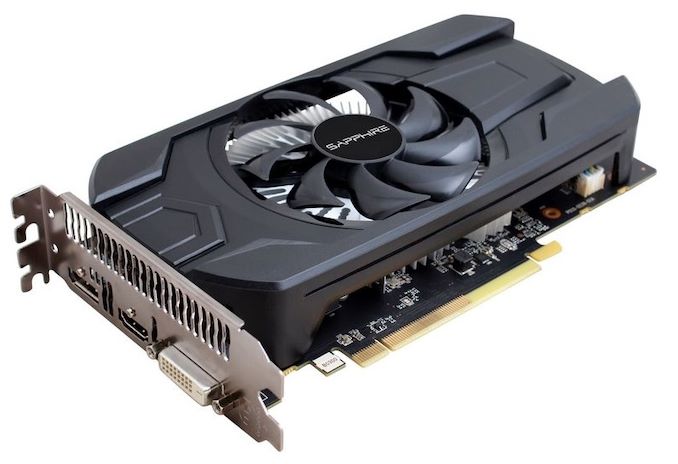
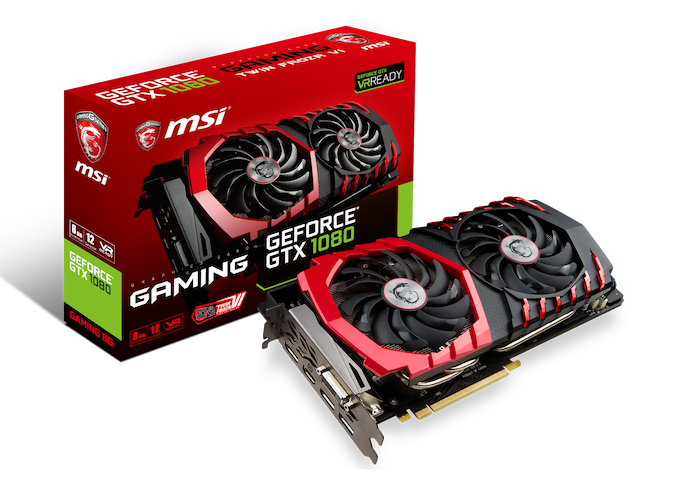
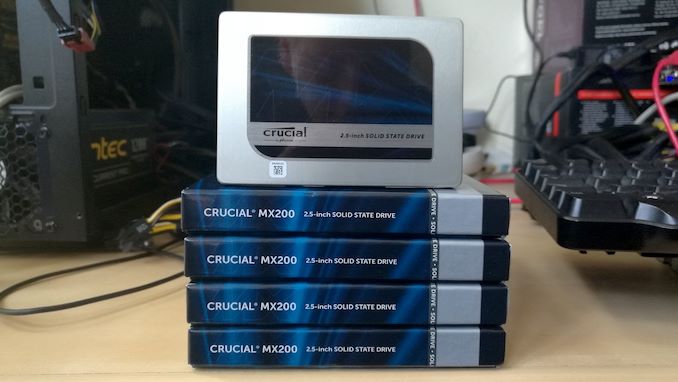
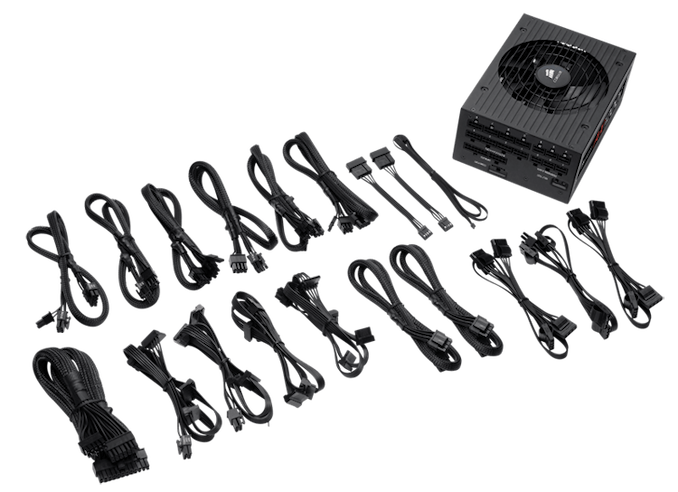
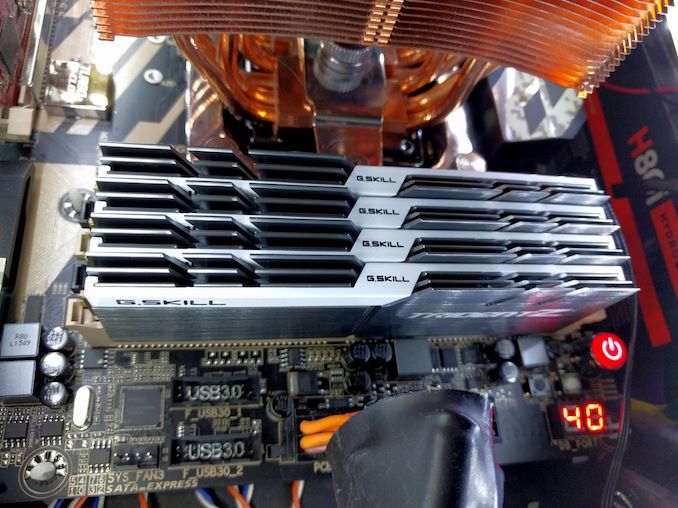
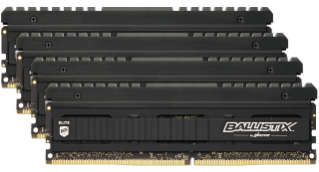
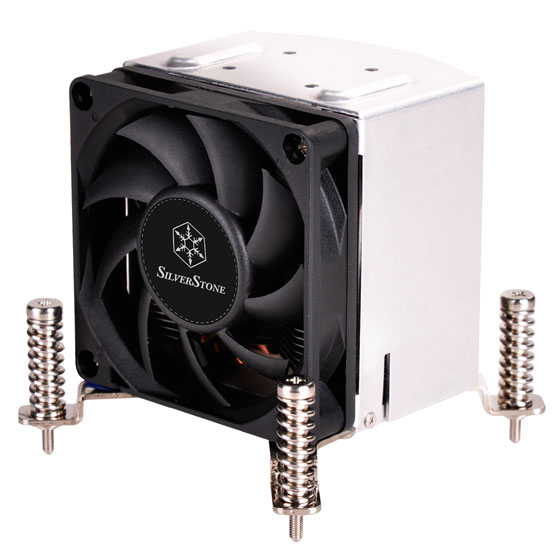
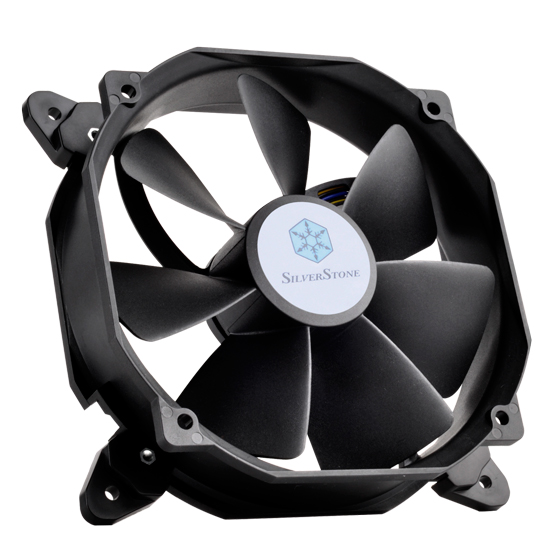








206 Comments
View All Comments
halfflat - Wednesday, November 27, 2019 - link
For Brownian motion? That seems weird. Nonetheless, it can't alone explain the speed up.Most favourable scenario: code consists only of floating point mul and add pairs, together with 64-bit integer multiplication. The floating point operations could become 4x faster in AVX2 (twice as wide as SSE, and using FMAs); to see the observed 2x speed up, that means the floating point operations constituted 2/3 of the execution time in the SSE version.
The AVX512 version, ignoring any consequent downclocking, could make those floating point operations 8x faster than the SSE case, and the 64-bit integer multiplies also 8x faster. That's still not 10x, it ignores the lower throughput of 8-wide i64 muls compared to scalar muls, and also discounts the slower clock speed.
halfflat - Thursday, November 28, 2019 - link
Just an update: ran a simple test (square eight times all the 64-bit ints in a 1024-long array) wrapped in google benchmark on a Skylake Xeon with gcc-8.2 -O3. The kernel is almost entirely multiplications, and ultimately saw a roughly 2x speed up with AVX512 compared to AVX2, and a 2.5x speed up with AVX512 compared with a 'no architecture specified' compilation.w1p30ut3r - Friday, November 22, 2019 - link
Its very, very simples. If you gaming lonly buy an intel... If you work and gaming buy a 3950x... If you only work buy a threadripper or a xeon...Parkab0y - Sunday, October 4, 2020 - link
I really want to see something like this about zen3 5000trusttechbd - Sunday, October 18, 2020 - link
Intel 9th Gen Core i5-9400 Processor price in bangladesh trusttechhttps://www.trusttechbd.com/product/asus-gaming-gr...
madymadme - Saturday, November 7, 2020 - link
Going to buyAMD Ryzen 9 5900X,
Gigabyte B550 AORUS PRO AC,
Noctua NH-D15 Dual 140m Fans,
G.skill Trident Z RGB Series 16GB (2x8GB) 4000 MHz DDR4 Memory F4-4000C18D-16GTZRB
is corsair CV550 watt ok with the above spec ? & I have Quadro K2000D graphic card
is this specification ok ? & which ram to get please help a little & thanks for reading & replying